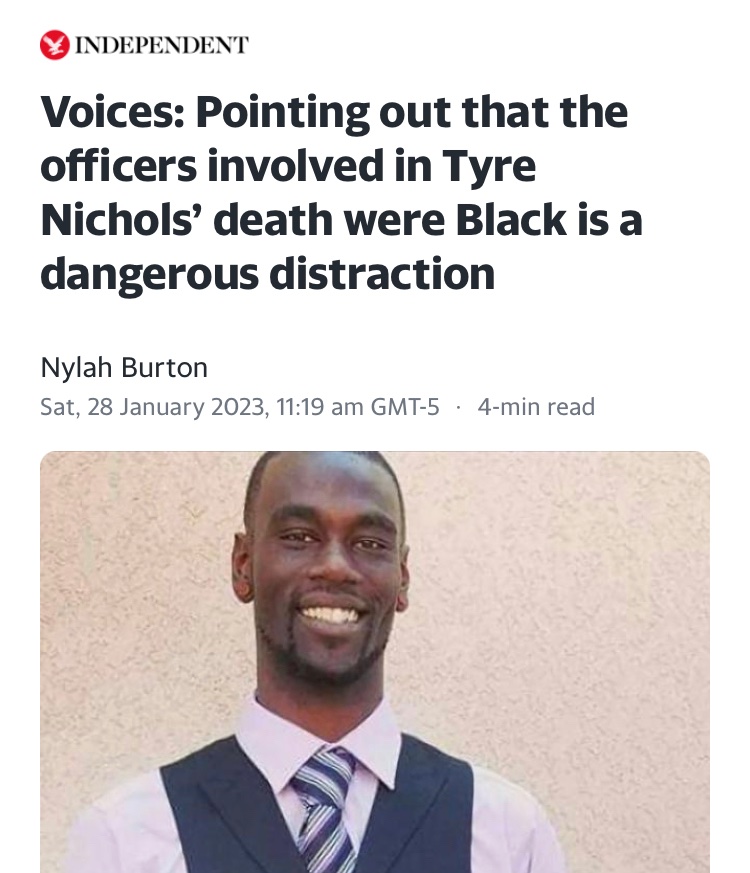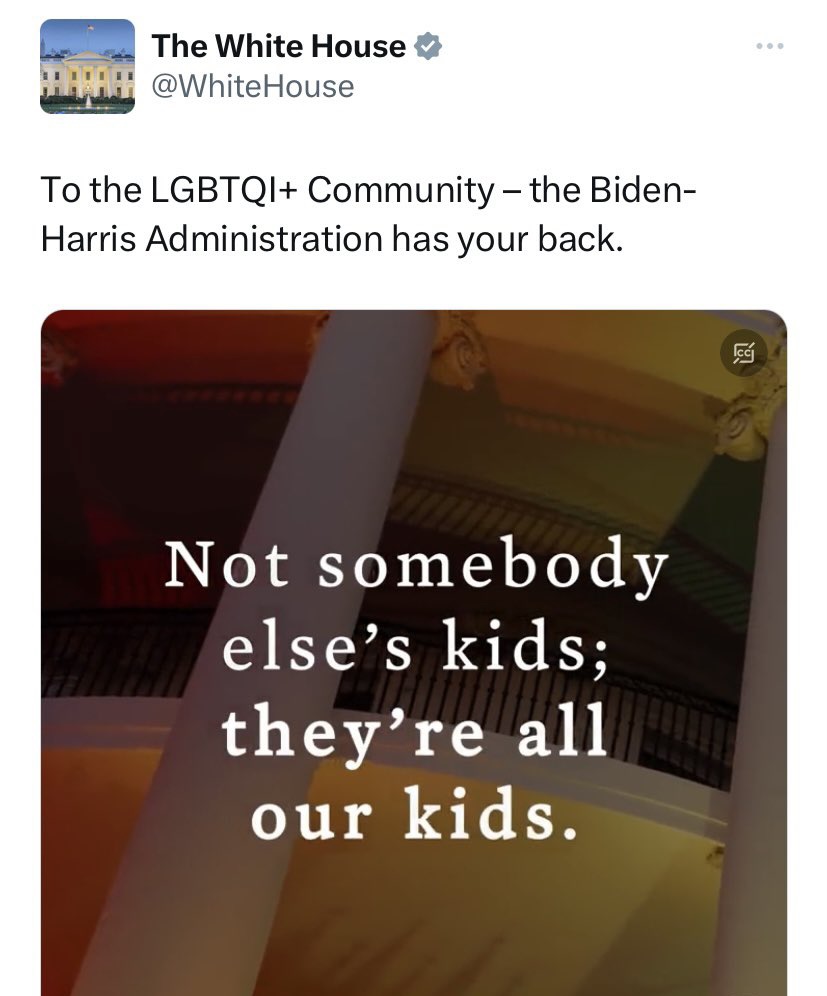Are we truly living in a world where even those we find distasteful can still hold sway over our choices? The enduring popularity of Mark Zuckerberg's products, despite widespread aversion to the man himself, is a testament to the complex relationship we have with technology and its creators.
The evolution of social media platforms like Twitter provides a fascinating case study. The platform, once a vibrant space for diverse voices, now appears to be fracturing. The initial promise of Twitter, a space for open discourse and connection, has been marred by increasing polarization. Many users are finding their timelines dominated by content that clashes with their viewpoints, forcing them to reconsider their engagement. The exodus of users, often driven by the desire for a less toxic environment, highlights the challenges of maintaining a balanced and inclusive online space. The influence of individual figures, such as Elon Musk, and their impact on the platform's direction, underscores the power of leadership in shaping the user experience. The narrative being presented on social media platforms is crucial to understanding how users interact with the content and its effects on their overall experience. The concern of many is that Twitter has become a platform that actively promotes divisive content, creating an echo chamber of specific viewpoints. It is increasingly difficult for users to find a space that offers both a diversity of opinion and a space where they feel safe.
| Social Media Platform Dynamics | |
|---|---|
| Key Issue | Polarization and Echo Chambers |
| Platform Affected | |
| Key Players Involved | Elon Musk, Mark Zuckerberg, Various User Groups |
| User Sentiment | Frustration, Exodus, Search for Alternative Platforms |
| Underlying Drivers | Algorithmic Bias, Content Moderation Policies, Influential Figures |
| Potential Solutions | Improved Content Moderation, Algorithmic Transparency, User Agency |
| Impact on User Experience | Increased Toxicity, Decreased Diversity of Opinion, Mental Fatigue |
| Examples of Divisive Content | "End Wokeness" Posts, Right-Wing Narratives, "Libs of TikTok" Content |
| Reference Website | The Verge - Social Media |
The experience of navigating these platforms can be jarring. Users report being bombarded with content that contradicts their own beliefs, regardless of their efforts to curate their feeds. Deleting old accounts and creating new ones does not always provide a respite. The algorithm, designed to keep users engaged, often serves to trap them in echo chambers. The effectiveness of the "dislike" button, for instance, is questioned. The user experience is severely compromised when platforms fail to offer relief from the constant barrage of undesirable content. The desire for a more positive and balanced online experience is a primary driver behind the search for alternative platforms. These alternative platforms often struggle with the same problems that plague the mainstream platforms, such as content moderation and algorithmic manipulation. The hope is that these platforms can offer a space free from the vitriol that has become endemic.
The shifts in social media content and user behavior do not exist in a vacuum. The narratives being pushed by individuals and groups have real-world consequences. The rise of what is often called "anti-wokeness" is a common thread, characterized by a strong reaction against progressive social movements. The claims of these movements, often promoted by accounts that can be traced back to foreign sources, are often highly charged and divisive. These groups often assert that the current state of social discourse is dictated by those that promote inclusivity and equality.
The example of medical school admissions further clarifies the issue. There are claims about the declining standards of medical schools. It is, however, untrue to state that people are being admitted into medical school with lower scores. The perception is that the medical field is being diluted by a desire for inclusivity. There is no proof that standards are falling, however, some assert the opposite. These conversations are often highly charged and can lead to negative perceptions about diversity and inclusion. Such comments only feed into the broader narrative about the decline of standards, and they serve to demonize certain groups of people.
Data privacy has also emerged as a critical consideration. Many users are concerned about how their data is used, and what value it has to platforms. The current business model of many social media companies relies heavily on user data, and they make a profit off of it. They collect it and sell it, and the user has very little control. Apple is using privacy as a marketing tool, and is rewarded for doing so. The consumer's voice is becoming more relevant in the fight for data privacy. Without a clear voice, there is very little motivation to change the current system. The rise of conversations about data privacy underscores the need for greater transparency and accountability in the tech sector.
The incident involving the former Toronto principal highlights the dangers of overly aggressive equity initiatives. In an increasingly polarized environment, it is essential to ensure that any attempts at equity are implemented thoughtfully and with sensitivity. The tragic loss of life underscores the importance of creating inclusive environments and avoiding any action that could have negative consequences.
The discussion around powerful people and their behaviors, such as the allegations against Donald Trump, is often fraught with challenges. These types of cases have a tendency to dominate the news cycle, and they tend to be highly divisive. Its crucial that such allegations are treated seriously. The emotional intensity surrounding these cases is likely to continue, and it is essential that these sensitive discussions are carried out with both sensitivity and responsibility.
The comments made by various figures, from political leaders to social media personalities, continue to shape the online experience. For example, the reported statement by Biden about the economy is used by some to illustrate their view. Similarly, the emergence of individuals like Achieng Agutu, a finalist in the Sports Illustrated Swim Search, highlights the evolving representation of different communities. Such examples highlight the broader societal changes that are currently taking place.


